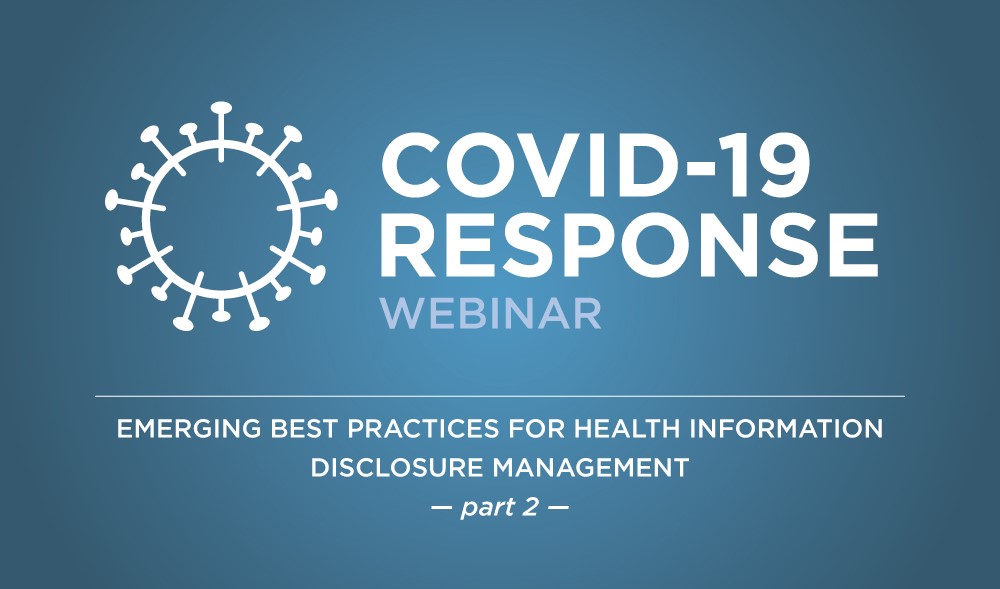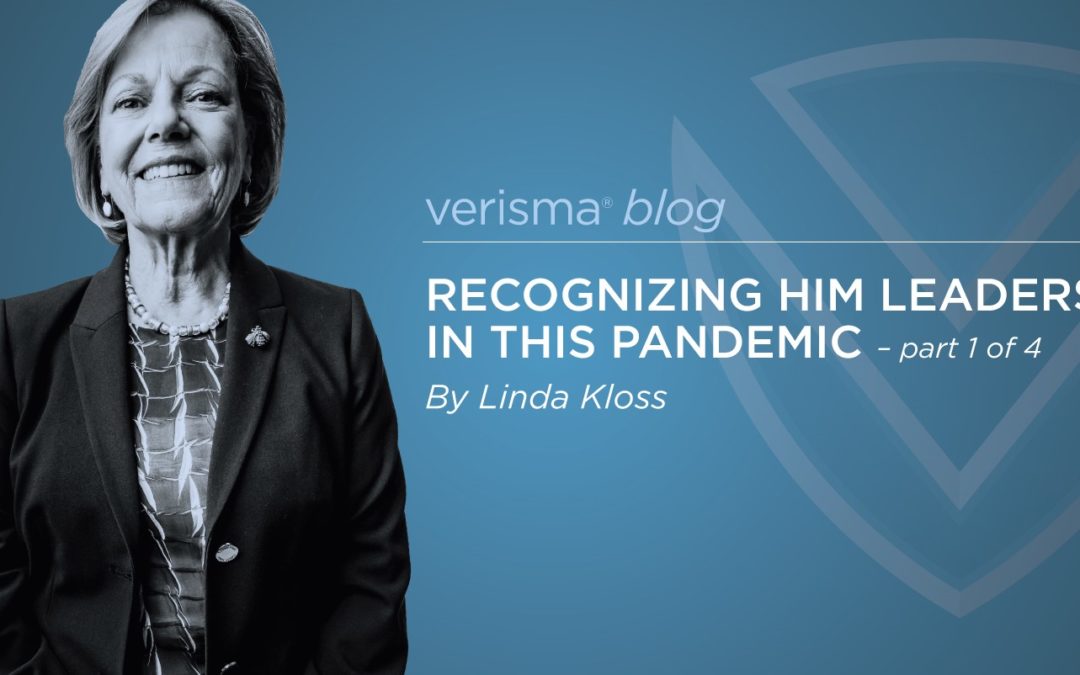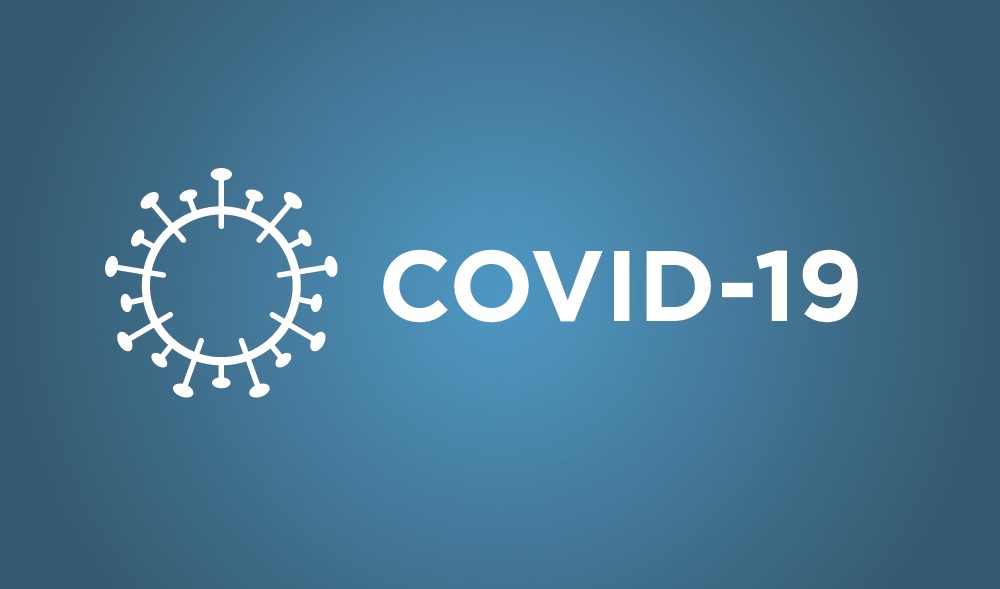By Linda Kloss
I want to recognize and applaud our HIM colleagues who are adapting quickly and smartly to the urgent needs of their health systems in this growing pandemic. On behalf of Verisma, I had the privilege of interviewing HIM leaders at health systems in New York, New Jersey, Boston, Delaware, and North Carolina to understand their experiences to date. They were eager to share what they are learning, so everyone does not have to figure this out on their own. In a time of extreme disruption, it’s important to share, learn and adapt as quickly as possible.
Verisma hosted an important Webinar on April 1 entitled “COVID-19 Response: Emerging Best Practices for Health Information Disclosure Management.” The interviewees joined the Webinar to answer questions from hundreds of participants at various stages of their own planning and adaptation. I want to congratulate and thank each HIM leader for the great work they are doing and for their willingness to invest some time to engage and share.
Two high level lessons capture their experiences to date:
-
- First, this is an empowering time when one needs to draw from and trust their experience. Interviewees quickly prioritized and acted, not waiting for perfection or permission.
- Second, it is a time for innovation where interviewees quickly discarded unworkable and outdated methods, staying focused on the desired outcomes, adapting process and policies as needed. Interviewees noted over and over that they acted knowing full well that they may have to make further adjustments.
We identified eight emerging best practices based on these leaders first 3 to 4 weeks of COVID-19 response efforts. We called them emerging because the changes are not static. Adjustments will continue to be made as disaster response circumstances evolve. The best practices can be rolled into three key initiatives:
-
- physical distancing – staff and patients
- optimizing electronic workflows, and
- adapting policies to remove barriers
Change came abruptly as health systems issued work-from-home orders for non-clinical teams. Some organizations were given a 2-3 week period and were able to send staff home in phases. One hospital got orders on Friday for staff to be working at home by Monday! Physical distancing of staff is the focus for emerging best practice #1: Accelerate and expand work from home.
Interviewees recommended preparing work from home staffing plans that require as little residual on site work as possible. They also recommended that continency plans be developed in case illness in a family or other circumstances keep a knowledge worker from contributing for a time.
HIM may have sent coders and transcriptionists working at home. This means that the technology platform requirements are known and tested. If this is not the case, part of staff planning is technology planning. Interviewees urged that technology plans assess the needs of individuals as wifi speed, secure work site, and other factors have to be assessed for each staff member. To meet a deadline, health system technology was sent home with a staff member. An action like this can be adjusted later, but these leaders are empowered to take the steps necessary to meet a work from home deadline.
Interviewees advise careful attention to the needs of individuals, including supervisors, who may be very unprepared for an abrupt transition. Good practices include using video conference for frequent –daily at first—one-on-one and group status and coaching meetings. Reluctant supervisors need special coaching as do certain staff. Understanding and supporting the needs of individuals is the bottom line.
The same holds true for the staff that must remain on site for critical jobs such as birth certificates, and scan residual paper into EHRs and direct mail. Emerging best practice #2: Protect on site staff. While most at home staff are grateful to be able to work from home, on site staff may be anxious and frightened of contracting COVID. Interviewees describe approaches to distancing through longer shifts but fewer days on site and creating physical distance through their office layout. The other important lessons involve infection control protocol for handling paper and the redesign of workflows to reduce paper handling. We’ll take this up in our next blog that will cover the remaining emerging best practices. In fact, we have three more blogs planned to cover the balance of the 8 emerging best practices. Coming next, emerging best practices #3: Close in person R-O-I request services, #4: Support use of patient portal, and #5 Use R-O-I workflow technology and request app.
In the meantime, be safe and stay well. Please jump in and share your experiences and questions. You can also request an archive of the April 1 Webinar by e-mailing Davy Simanivanh (dsimanivanh@verisma.com) and be on the lookout for upcoming webinars.





